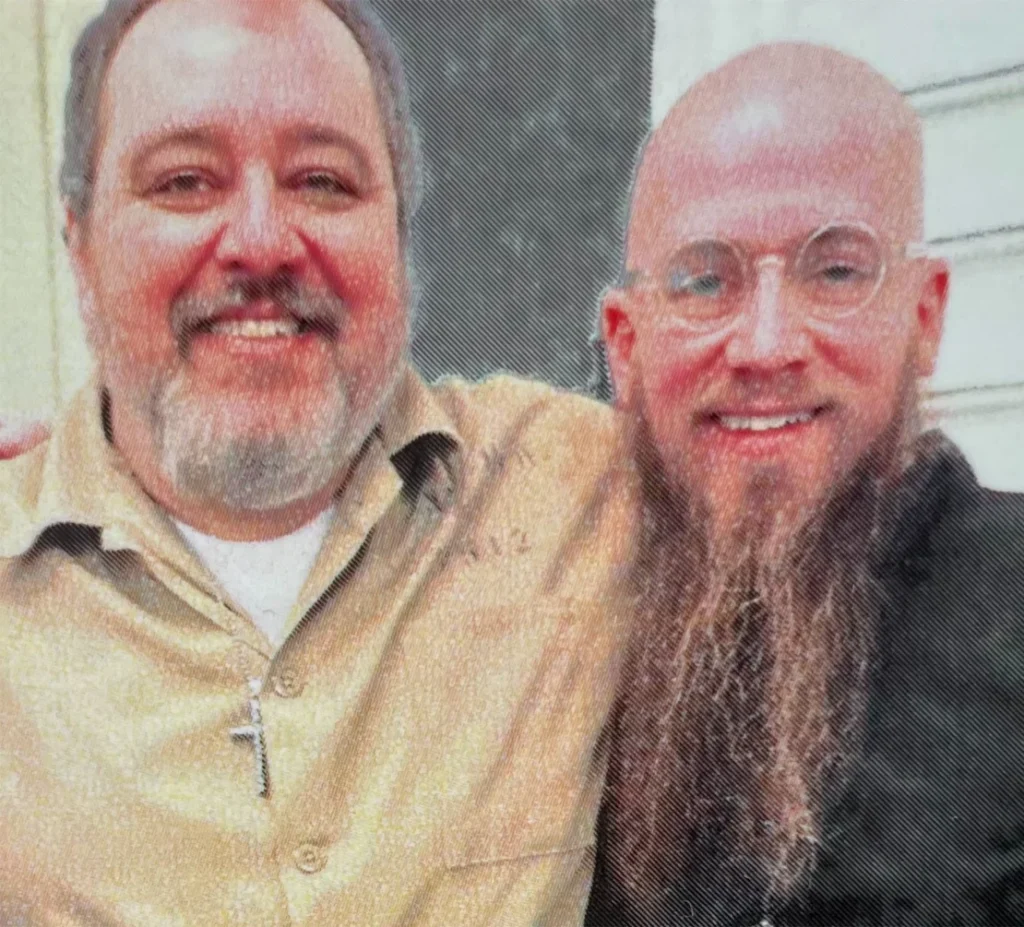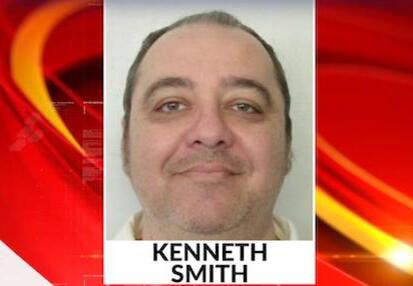Alabama Executes Kenneth Smith Using Nitrogen Gas, Introducing a Controversial New Execution Method
Alabama carried out the execution of Kenneth Smith on Thursday night, marking the first instance of a death row inmate being executed using nitrogen gas in the United States. This new method has raised concerns among experts, suggesting it could lead to excessive pain or even torture.
Smith, convicted for his role in a 1988 murder-for-hire case, had survived a previous attempt at execution by lethal injection in 2022. The US Supreme Court denied his last-minute appeal to halt the nitrogen gas execution, following a similar decision on Wednesday.
Smith’s time of death was announced as 8:25 p.m. local time, with officials confirming that nitrogen was administered for approximately 15 minutes. Witnesses reported that Smith made a lengthy statement before his death, expressing his views on the execution method and thanking those who supported him.
During the execution, Smith appeared conscious for several minutes and exhibited movements on the gurney, including shaking and writhing. The nature of the nitrogen gas execution has sparked controversy, with contrasting accounts from officials and witnesses.
Alabama Department of Corrections Commissioner John Hamm explained that the observed movements were expected side effects, including agonal breathing, a gasping seen in people who are dying. However, Smith’s spiritual adviser, Rev. Jeff Hood, described the execution in more graphic terms, stating it was “the most horrible thing I’ve ever seen.”
Smith, wearing a mask through which the nitrogen was administered, reportedly convulsed when the gas was turned on, raising concerns about the humaneness of the new execution method.
Smith’s legal team expressed deep sadness over his death, highlighting his personal growth, religious practice, and contributions to fellow inmates. They urged considering Smith’s life in its full context, acknowledging the tragic consequences of his actions.
The method of execution, known as nitrogen hypoxia, has faced scrutiny due to redacted details in the state’s published protocol, preventing comprehensive public scrutiny. State officials defend nitrogen gas as a humane method, while critics question its novelty, lack of transparency, and potential for complications.
Smith’s execution reignited debates about capital punishment and the choice of execution methods. The unique nature of nitrogen gas execution and its implications for humane practices continue to be subjects of ongoing discussions and controversies.

Kenneth Smith, left, poses Monday with his spiritual adviser, the Rev. Jeff Hood.
“It’s sheer lunacy, absolute lunacy,” stated Smith’s spiritual adviser ahead of the execution.
Hood, the spiritual adviser, conveyed to CNN, “The process, obviously, is designed to execute Kenneth Smith. But the way that they’re constructing this, the way that they’re doing it, the way that they’re being silent, the way that they’re holding back information, yes, it’s incredibly concerning. And should be incredibly concerning for everybody in the room.”
Beyond the chosen execution method, advocates argue for sparing Smith’s life based on the prior unsuccessful attempt to carry out his death sentence. Bryan Stevenson, the founder and director of the Equal Justice Initiative, a non-profit opposing excessive criminal punishment and advocating for death row inmates, emphasized the state’s alleged incompetence in execution.
“Since that time, we’ve been arguing that the state doesn’t have the competency to carry out these executions,” said Bryan Stevenson to CNN on Thursday. “They switched the method, and now they’re saying they have the skill to carry out a method that’s untested and never been used before.”
Smith’s jury voted 11-1 for a life sentence
Smith was convicted and sentenced to death for the murder of Sennett. Charles Sennett, the victim’s husband, orchestrated the crime due to an extramarital affair and had taken out an insurance policy on his wife, according to court records.
Charles Sennett enlisted an individual who recruited two others, including Smith, promising each $1,000 to carry out the murder and make it appear like a burglary. The plan was executed in March 1988, and Smith took a VCR player from the Sennett home, storing it in his residence.
After the murder, Charles Sennett took his own life as investigators focused on him. Smith was arrested following a search of his home based on an anonymous tip, leading to the discovery of the VCR player.
Although Smith was initially convicted and sentenced to death, an appeals court overturned the decision, ordering a new trial. In the retrial, the jury voted 11-1 for a life sentence without parole. However, the judge in Smith’s second trial overruled the jury’s decision, imposing a death sentence—a practice known as judicial override, later repealed in Alabama.

